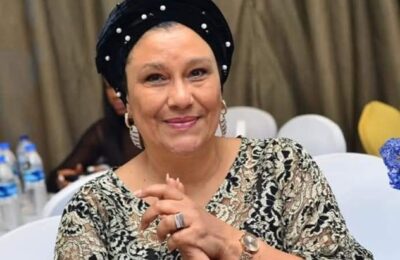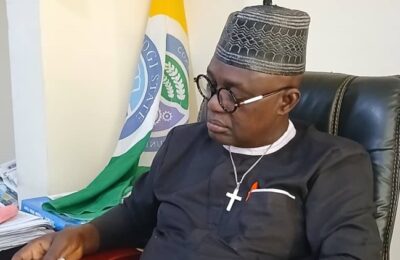The Nigerian economy sits at a crossroads, embodying the dreams and frustrations of a nation teeming with potential yet weighed down by persistent challenges. A complex blend of hope and despair, its trajectory highlights the stark contrast between what could be and what is.
Nigeria, Africa’s largest economy, is endowed with vast oil and gas reserves, fertile agricultural land, and a burgeoning youth population. These assets position the nation as a potential powerhouse not just on the continent but globally. The rise of tech-driven startups and innovations in fintech, entertainment, and agriculture exemplifies a growing entrepreneurial spirit that persists even amidst adversity.
Yet, this hope often feels precarious. The naira continues to lose value, inflation erodes purchasing power, and the cost of basic commodities climbs steadily. The promise of Nigeria’s economic potential remains out of reach for many, creating a widening gap between aspiration and reality.
For the average Nigerian, these macroeconomic issues are deeply personal. The removal of fuel subsidies has pushed transportation and food costs to new heights, leaving families scrambling to meet basic needs. Mothers agonize over feeding their children, and young graduates face a grim job market that offers little security or opportunity.
These are not abstract figures; they represent real people navigating a relentless battle for survival. The elderly, once pillars of their communities, now face retirement with dwindling dignity, while the youth wrestle with disillusionment in a country that often seems to betray their optimism.
Economic hardship is compounded by a growing distrust in government. Successive administrations have unveiled ambitious economic reforms, yet systemic corruption, policy inconsistencies, and governance failures continue to erode public confidence. While initiatives like the Central Bank’s push for financial inclusion signal progress, they are often undermined by deeper structural inefficiencies.
For many, the government’s promises of reform are viewed with skepticism. Policies are announced with fanfare but executed half-heartedly, leaving citizens wondering whether genuine change is possible.
Despite these challenges, Nigerians display remarkable resilience. The informal economy remains a lifeline, sustaining millions through small-scale trade and services. Entrepreneurs in tech, agriculture, and entertainment are creating opportunities against the odds, proving that innovation can flourish even in trying times.
But resilience alone cannot drive national transformation. Without targeted reforms, infrastructure development, and transparent governance, the potential of Nigeria’s hardworking citizens may never be fully realized.
As the nation looks to the future, the road ahead demands bold and decisive action. Structural reforms must go beyond rhetoric, focusing on diversifying the economy, improving infrastructure, and fostering an environment where innovation can thrive. Investments in education and healthcare are equally critical to equipping the population for a rapidly changing global economy.
More importantly, these policies must prioritize the people. Economic progress should not be measured solely by GDP growth but by the tangible improvements in the lives of ordinary Nigerians—better jobs, affordable food, and reliable public services.
The state of Nigeria’s economy is not just a story of numbers; it is a profoundly human narrative. It encapsulates the hopes, fears, and unyielding spirit of a nation striving for a better tomorrow. For Nigeria to truly harness its potential, its leaders must prioritize the welfare of its people over political expediency, delivering not just growth but genuine progress.
Only then can the paradox of the Nigerian economy be resolved—a nation rich in resources and ambition finally living up to its promise.
– Abubakar Yunusa, a journalist, writes from Abuja.




